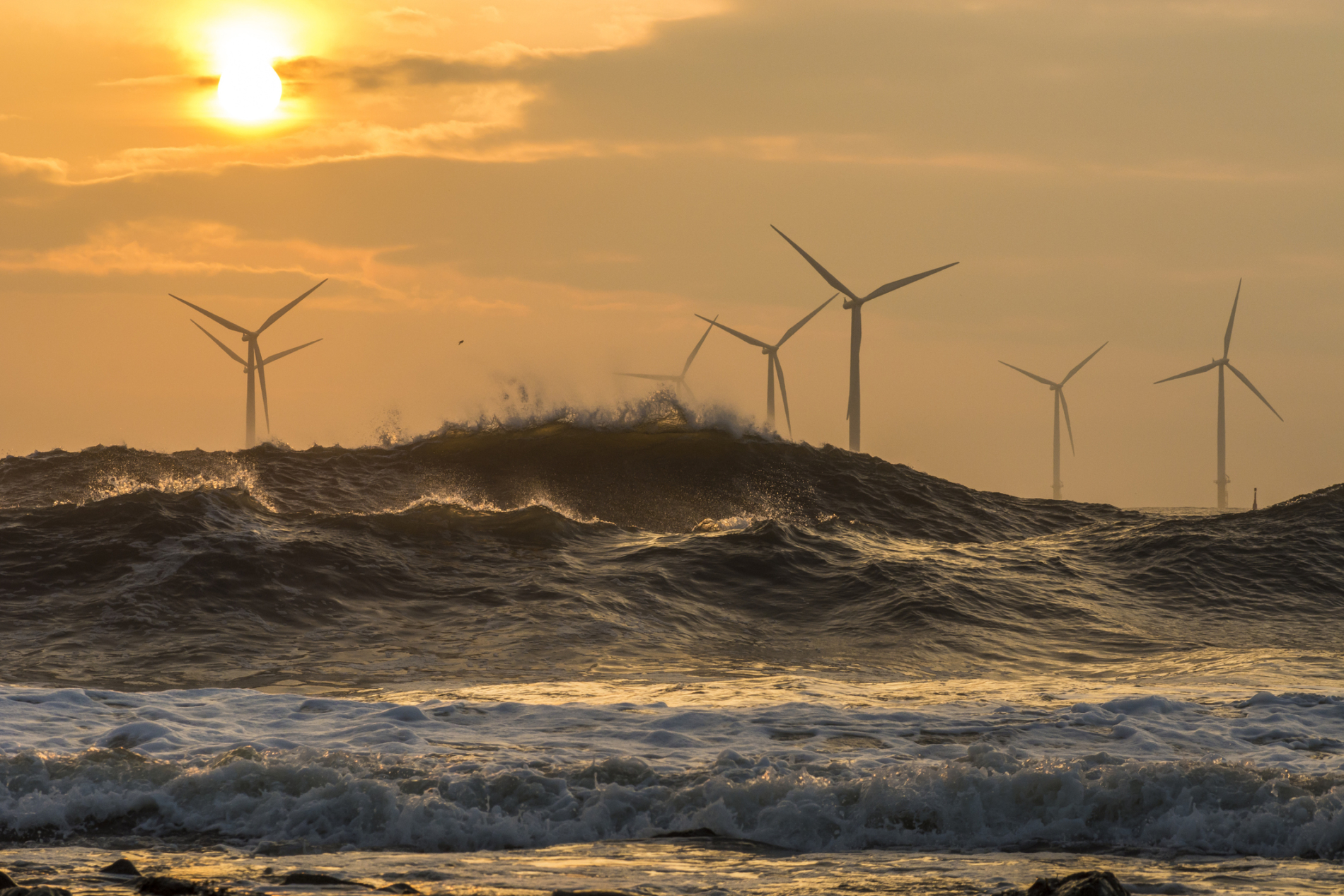Conflicts between commercial entities competing to use the same sea areas get a lot of attention. At the same time, keeping conflicts to a minimum will enhance value creation.
Therefore, Centre for the Ocean and the Arctic is presenting ideas for how to build harmonious coexistence between marine enterprises.
“Norway is a major maritime nation with an ambition to develop sustainable marine industries, thus safeguarding both the environment and value creation. At a time when both the industries and the marine environment are undergoing rapid change, it’s more important than ever to identify innovative, forward-looking measures,” says Jan-Gunnar Winther, director of the Centre.
Suggested solutions were presented today during a webinar (in Norwegian) with Norwegian Prime Minister Erna Solberg.
“Norway’s ocean management and marine research are best in the world. That’s because we take a holistic approach, and have well-functioning collaborations, and new, emerging industries. There are many possibilities, which means that awareness of the ground rules combined with the ideas you present in your four proposed solutions will be important moving forward,” said Solberg when she formally received the report.
The Prime Minister emphasised that coexistence is an important factor for continued development of Norway as a maritime nation.
“Together, the three reports that have been delivered give us a solid foundation to build on, and good ideas for the work ahead of us.”
Download the report here (in Norwegian).
The proposals are based on a broad survey of status and possible strategies for future coexistence. Central marine industry players have been involved in the project. The report released today points to concrete measures that can contribute to harmonious coexistence in a future characterised by more players and intensified activity in the ocean space. It describes solutions for open and dynamic sharing of data, highlights the need for a national plan for the coastal zone, interaction within marine business parks, and establishing sustainability principles for all ocean industries. Centre for the Ocean and the Arctic believes that these proposals can each be implemented individually, but that they will be more powerful if several are implemented.
“Harmonious coexistence at sea will give Norway a competitive advantage. These are our thoughts on how best to ensure that development increases value creation increases and decreased the level of conflict. We hope these proposals will stimulate reflection and discussion,” says Winther.
Menon Economics and SINTEF Ocean prepared the reports on behalf of Centre for the Ocean and the Arctic.
Four proposals for harmonious coexistence at sea
- Open and dynamic sharing of data: Norway is a world leader in collection of data from the oceans. Nevertheless, much remains unknown about underwater life forms, and much of the knowledge we possess needs to be systematised and made more readily available. The report proposes a platform that compiles data on use of space, commercial activities, emissions, ecosystems, and geological and physical conditions in the ocean. It should build upon an existing solution and must be easy to access, facilitate analysis, and encourage and facilitate data reporting and use. This would also provide new opportunities for dynamic management based on real-time data.
- National coastal zone plan: The coastal zone is currently managed by the municipality in which it lies, as stipulated by zoning and building regulations. A national coastal zone plan would enable coordinated management of Norway’s coastal waters, with a holistic perspective on commercial activities and ecosystems along the entire Norwegian coast. At the same time, local factors must be taken into consideration.
- Marine business parks: Activity in the ocean space is increasing, and over time we can expect sharper competition for the most attractive areas. Marine business parks can contribute by enticing multiple commercial entities to find ways to establish activities within a single site. That would help optimise use of resources and suppliers. It could also improve cooperation between players in terms of sustainability, logistics and infrastructure, search and rescue, and research and development, while reducing pressure on other marine areas. Such a solution would require government funding for a pilot project. Marine business parks would open new pathways for cooperation at sea.
- Unified sustainability principles for marine industries: Most players within marine industry live up to their responsibilities in relation to other players in the ocean space, but their adherence is often limited to operating within the boundaries set by regulations and management plans. A growing number are calling for principles that transcend the law. The report proposes that all marine industries come together to establish unified principles, for example, on how to include other entities when establishing new activity, or how to report an activity’s sustainability. A framework that ensures clean, bountiful seas will make it easier for industries and individual actors to operationalise sustainability, while strengthening trust and dialogue between them.
The report (in Norwegian) can be downloaded here.
Also listen to our podcast Kystpuls on the topic of coexistence.

